Medicine details
| Image |  |
| Name | Sitomet 50/1000 |
| Dosage | Tablet |
| Generic Name | Metformin Hydrochloride + Sitagliptin |
| Classes |
Antidiabetic Agent Antidiabetic combination Metabolic Agent |
| Diseases |
Type 2 Diabetes Mellitus Hormonal Disorder |
| Company | ACI Limited |
Drug Package Details
| Strength | 1000 mg + 50 mg |
| Storage Condition | |
| Origin Country | Bangladesh |
| Commercial Pack | 10 |
| Price per pack | ৳ 180.50 |
| Cost per pack | ৳ 158.84 |
| Package unit | 10 tabs strip |
| Price per unit | ৳ 18.05 |
| Cost per unit | ৳ 15.88 |
| Discount | 0 |
| Coupon | |
| Remarks |
Metformin Hydrochloride + Sitagliptin
Metformin Hydrochloride + Sitagliptin is a combination of two antidiabetic drugs from the classes Biguanides and Dipeptidyl peptidase-4 inhibitor. Metformin is a hypoglycemic agent belonging to the class Biguanides. Metformin enhances insulin sensitivity by boosting peripheral glucose uptake and utilization, decreasing hepatic glucose synthesis, and decreasing intestinal glucose absorption. Sitagliptin works by increasing the concentration of incretins in the blood which ultimately results in the increased secretion of insulin.
Metformin Hydrochloride + Sitagliptin is indicated as an adjunct to diet and exercise to improve glycemic control in adults with type 2 diabetes mellitus.
- Customise the Metformin Hydrochloride + Sitagliptin starting dose based on the patient's current treatment plan.
- Dosing can be adjusted based on effectiveness and tolerability, as long as the highest recommended daily dose of 100 mg sitagliptin and 2000 mg metformin is not exceeded.
- To reduce the gastrointestinal (GI) side effects of metformin, Metformin Hydrochloride + Sitagliptin should be taken twice daily with meals and gradually increased in dose.
Side effects associated with Metformin Hydrochloride + Sitagliptin include-
- Diarrhea
- Upper respiratory tract infection
- Hypoglycemia
- Headache
- Pharyngitis
- Indigestion
- Asthenia
- Do not use Metformin+Sitagliptin in patients with hepatic disease.
- There have been post-marketing reports of acute renal failure, sometimes requiring dialysis. Before initiating Metformin+Sitagliptin and at least annually thereafter, assess renal function and verify as normal.
- There have been post-marketing reports of acute pancreatitis, including fatal and non-fatal hemorrhagic or necrotizing pancreatitis. If pancreatitis is suspected, promptly discontinue Metformin+Sitagliptin.
- Measure hematologic parameters annually.
- Warn patients against excessive alcohol intake.
- May need to discontinue Metformin+Sitagliptin and temporarily use insulin during periods of stress and decreased intake of fluids and food as may occur with fever, trauma, infection or surgery.
- Promptly evaluate patients previously controlled on Metformin+Sitagliptin who develop laboratory abnormalities or clinical illness for evidence of ketoacidosis or lactic acidosis.
- When used with an insulin secretagogue (e.g., sulfonylurea) or with insulin, a lower dose of the insulin secretagogue or insulin may be required to reduce the risk of hypoglycemia.
- There have been postmarketing reports of serious allergic and hypersensitivity reactions in patients treated with sitagliptin (one of the components of Metformin+Sitagliptin), such as anaphylaxis, angioedema, and exfoliative skin conditions including Stevens-Johnson syndrome. In such cases, promptly stop Metformin+Sitagliptin, assess for other potential causes, institute appropriate monitoring and treatment, and initiate alternative treatment for diabetes.
- There have been no clinical studies establishing conclusive evidence of macrovascular risk reduction with Metformin+Sitagliptin or any other anti-diabetic drug.
Contraindication
Contraindicated in Patients hypersensitive to Metformin or Sitagliptin or similar drug such as-
None known.
Contraindicated in-
- severe liver disease
- severe kidney disease
- metabolic acidosis
- lactic acidosis
- patients undergoing radiologic studies involving intravascular administration of iodinated contrast materials
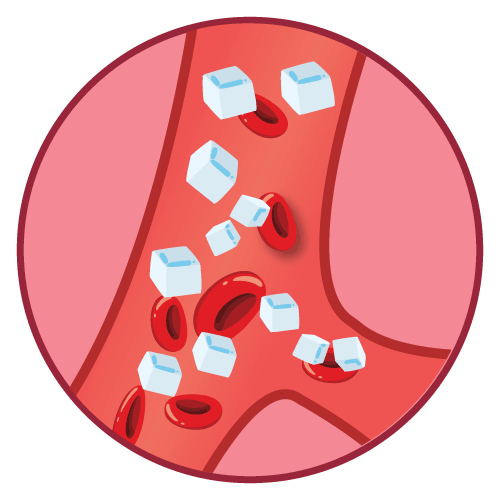

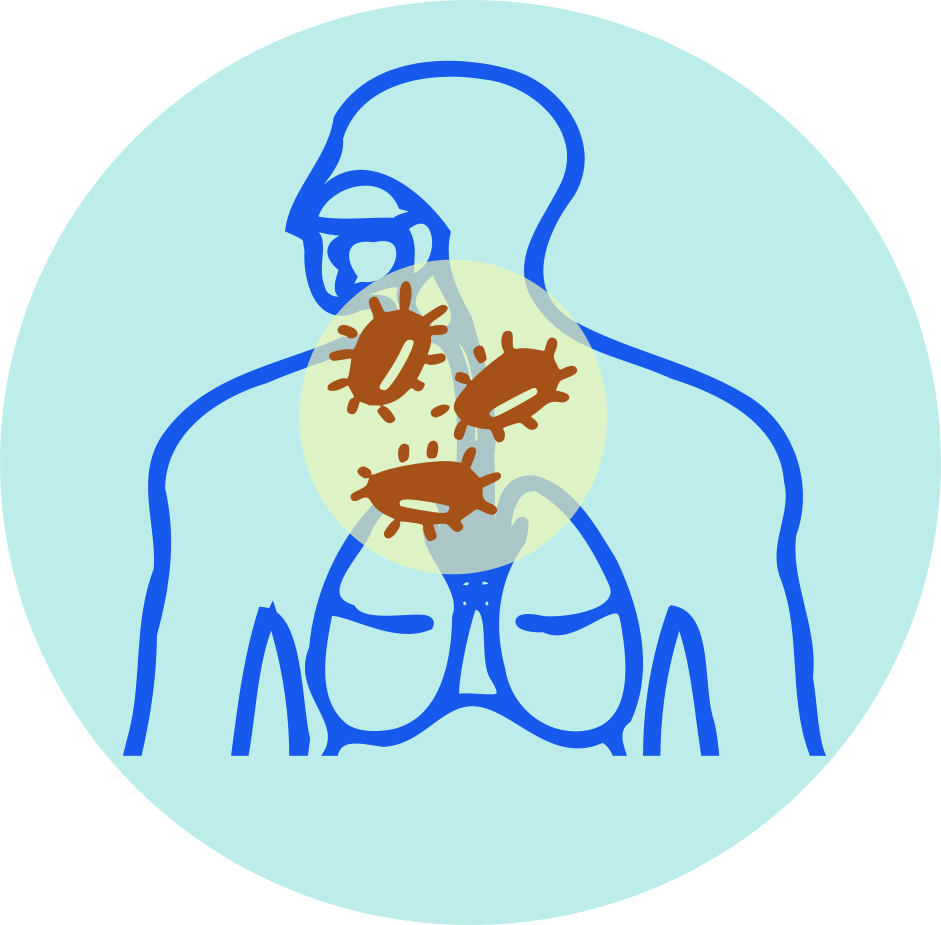


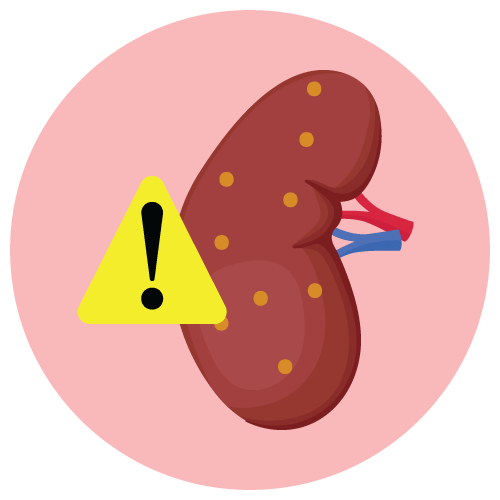
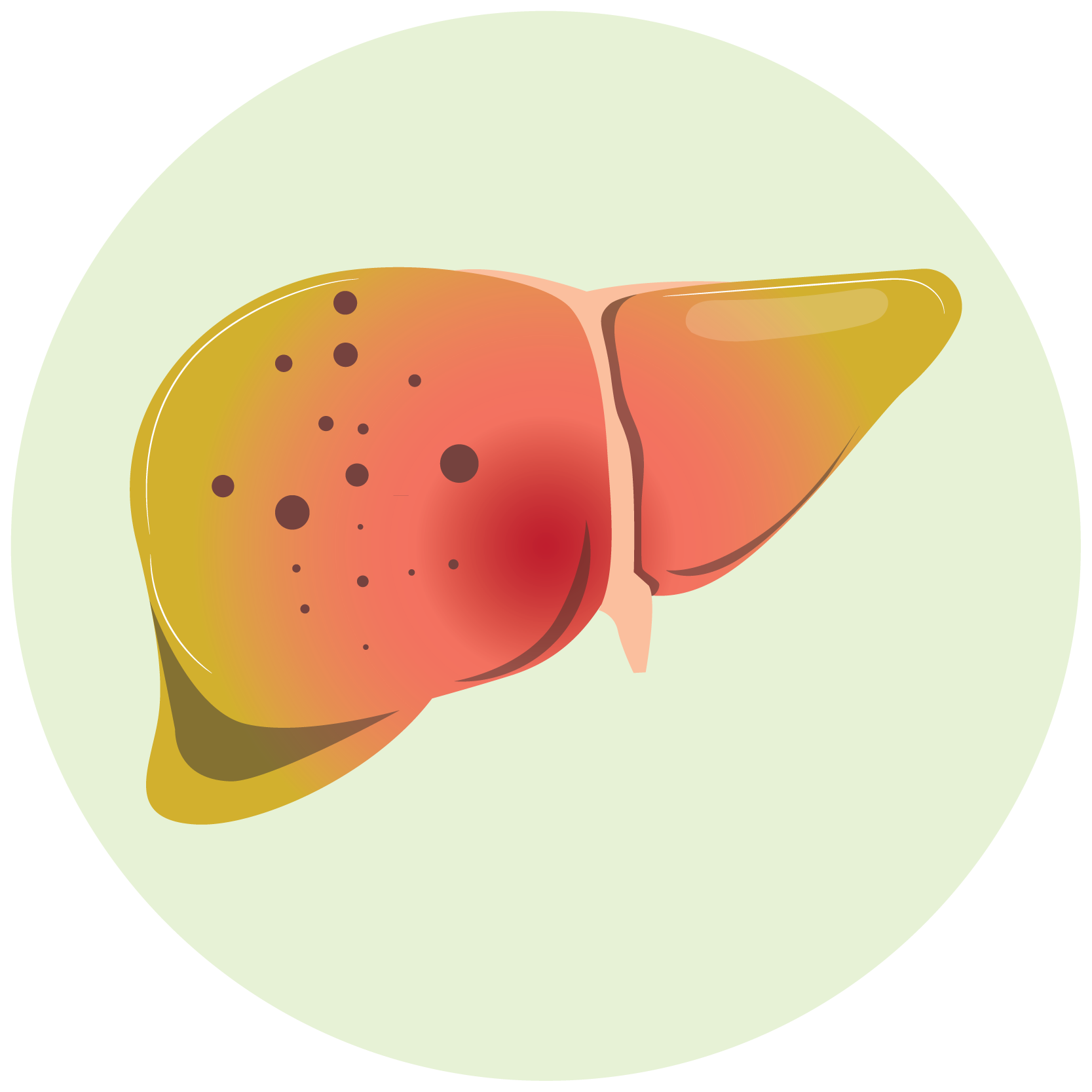
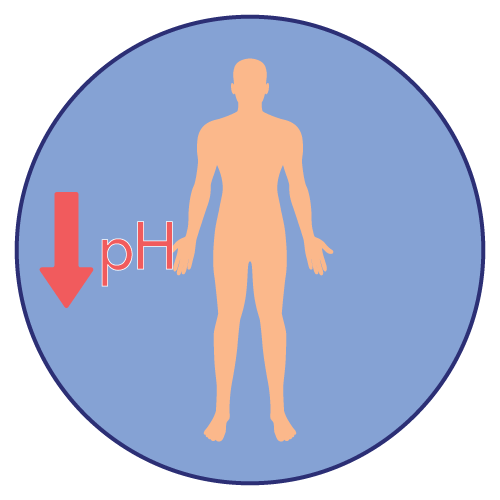
 Bangla
Bangla English
English